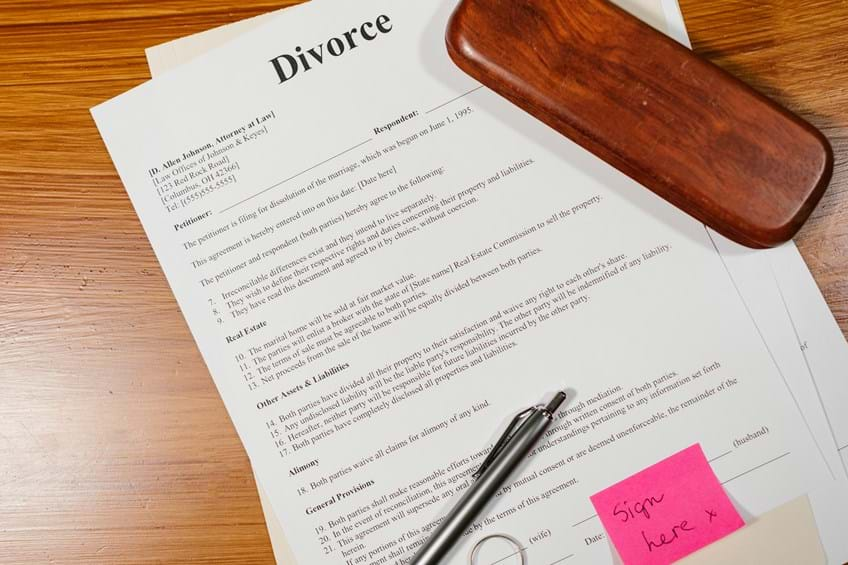Assets on divorce - Can I keep the Family Home?
16th April 2020
Assets on divorce - Can I keep the Family Home?
The Family Home
Each and every case is different and it is important to bear in mind that whether one party can retain the family home depends on the circumstances of the case; the extent of other assets in the marriage; the needs of any children and a variety of other factors.
There are a number of options as to what can happen to the family home and here are a few examples
- The home can be sold and the proceeds of the sale split between the parties, either equally or otherwise depending on the parties’ relative earning capacity;
- One party can buy the other out of the home by paying them a lump sum and having the house transferred into their sole name. This usually works on the basis that the party keeping the house takes on the existing mortgage and the other party is removed from it;
- One party can remain living in the home until any children turn 18, at which point the property is sold and the proceeds are split either equally or otherwise depending on the parties’ respective earning capacity. Where there are children involved this option can allow them to stay in their home without too much disruption;
- Where there is more than one property owned by the parties, the properties themselves may be transferred to either party so that each of them has a property to live in. One party would transfer one house to the other and be released from any mortgage on it and the other party would do the same with the second house; or
- The home can be transferred to one party subject to a ‘charge back’ securing an interest for the other party to receive a share when, for instance the youngest child of the family reaches the age of 18.
Pension - Can I get a share of my spouse’s pension?
There are many ways that pensions can be dealt with, but again there are some more common solutions:
- Pensions may be made subject to a Pension Sharing Order where a percentage of one party’s fund value is transferred to the other and invested in a pension in the other’s name;
- A pension’s value can also be offset meaning that one party retains more pension provision but the other receives a greater share of the family home and/or other assets; or
- Pensions can be subject to a pension attachment order whereby the other party is linked to the pension holder’s pension and retains an interest in it.
The assets of the marriage are divided up taking into account a variety of factors including the income and earning capacity of the parties and their respective needs.
Our expert Family team can advise you on any issue regarding finances on either divorce or separation, and what you might expect to be able to receive from a settlement or from an Order of the Court. If you would like further advice, please call 01775 722261 to arrange a meeting, or email anita.toal@maplessolicitors.com.



